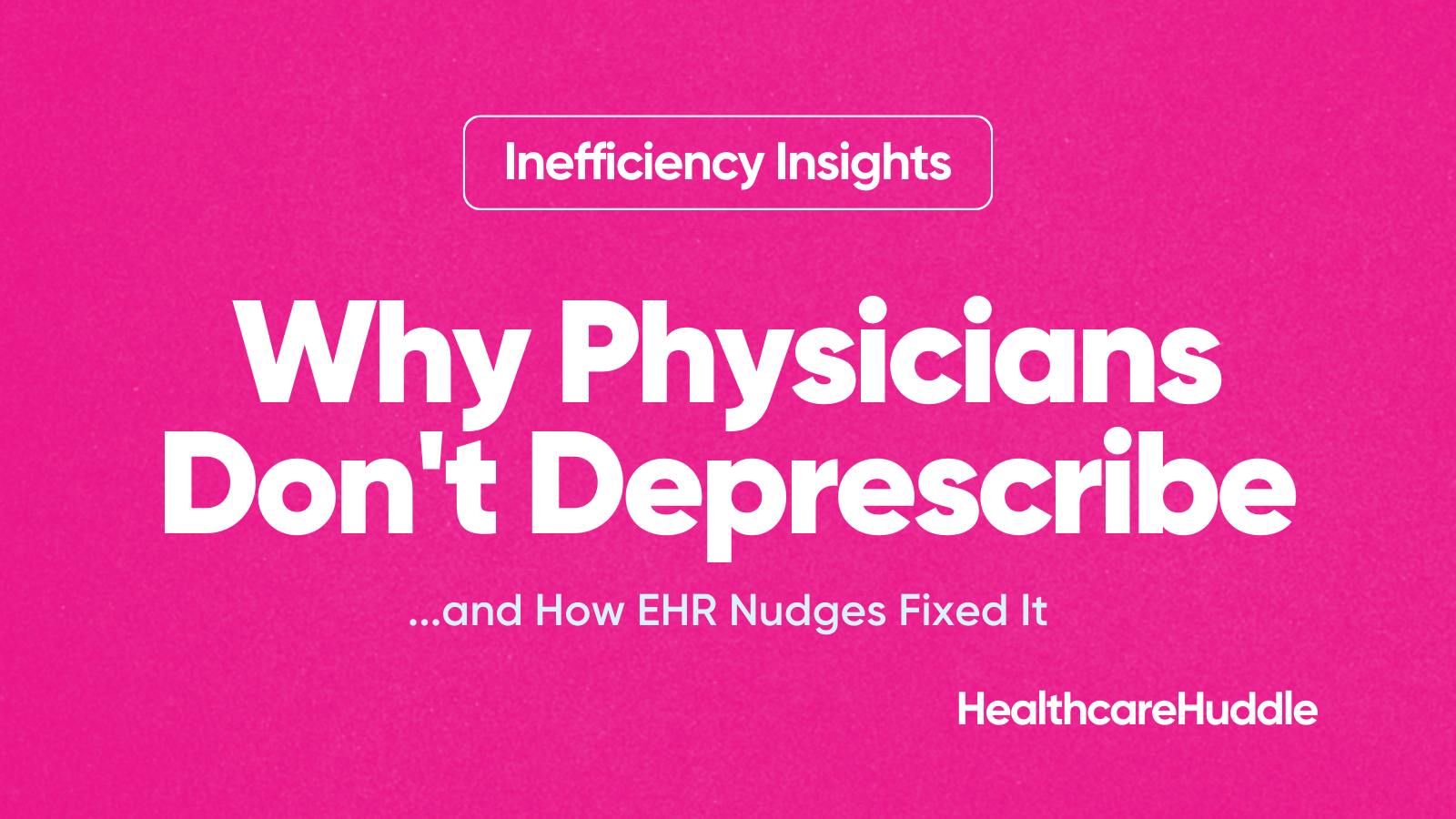Problem One-liner
The process of evaluating patients for organ transplants is hindered by disorganization and chaos, due to the complex coordination required among multiple healthcare teams and the extensive series of tests and consultations needed.
Problem Description
The evaluation of a patient for organ transplant candidacy is a complex and multi-faceted process, typically initiated when a patient in the hospital is identified as a potential transplant candidate. This intricate procedure involves an initial assessment by the primary healthcare team, followed by a series of extensive laboratory tests to assess the patient's overall health. Specialist consultations are crucial, including input from infectious disease experts, transplant surgeons, and cardiologists, each playing a pivotal role in evaluating different aspects of the patient's suitability for the transplant.

The transplant workup, which can be conducted either inpatient or outpatient, demands efficient management to complete it within a few days, a timeframe often critical for the success of the transplant. If the patient qualifies, they are placed on a waiting list for an organ, marking a significant milestone in their treatment journey.
Despite the inherent challenges, such as the need for meticulous coordination among diverse healthcare teams and the process's chaotic nature due to its many moving parts, the successful completion of this process and the subsequent transplant can be extraordinarily rewarding, offering patients a chance at improved quality of life.
Insights
Root Cause Analysis: 5 Whys
The 5 Whys process in root cause analysis involves repeatedly asking "Why?" five times to drill down into the root cause of a problem by exploring the cause-and-effect relationships underlying the issue.
The problem: The process of evaluating a patient for organ transplant candidacy is unorganized and chaotic.
Why?: there are numerous tasks and steps involved, including lab tests, consultations with various specialists, and coordination between multiple departments.
Why?: a comprehensive evaluation is necessary to ensure the patient's suitability for a transplant, which requires input from various medical specialties and thorough testing.
Why?: transplant surgery is a complex and high-risk procedure that demands a detailed understanding of the patient's overall health, potential risks, and the compatibility of the organ.
Why?: the success of the transplant heavily depends on the precise matching of the donor organ with the patient’s medical condition, and the patient's body must not reject the new organ, which requires a careful and comprehensive evaluation.
Why (root cause)?: the human body's immune system is designed to reject foreign entities, and a mismatched or poorly evaluated transplant can lead to severe complications, organ rejection, or even patient mortality.
Impact Analysis
Impact analysis is the assessment of the potential consequences and effects that changes in one part of a system may have on other parts of the system or the whole.
Patient: disorganization can lead to delays in the transplant process, increased anxiety, and potentially worse health outcomes. They might experience prolonged hospital stays or repeated visits if the workup is not completed in a timely and efficient manner.
Clinician or Provider: the chaos inherent in such a system can result in increased workloads, higher stress levels, and the risk of burnout. It can also lead to communication gaps and oversight errors, which might compromise patient care. Moreover, physicians may find themselves spending more time on administrative and coordination tasks, detracting from their ability to focus on direct patient care.
System: these inefficiencies can lead to increased healthcare costs, as prolonged hospital stays and repeated tests or consultations add up financially. It also impacts the overall efficiency of healthcare delivery, as resources that could be used more effectively elsewhere are tied up in managing the complexities of the transplant workup process. In a broader context, this inefficiency can contribute to longer wait times for other patients and potentially reduce the overall quality of care provided by the healthcare system.
Potential Solutions
Implementation of Integrated Digital Management Systems: Develop and implement a comprehensive digital system tailored for transplant workup management. This system should integrate electronic health records, lab results, and consult notes, and provide real-time updates to all involved parties. Features like automated reminders, scheduling tools, and checklists can streamline the process, reduce manual errors, and improve coordination among different departments.
Establishment of a Dedicated Transplant Coordination Team: Form a specialized team whose primary responsibility is to manage and coordinate the entire transplant workup process. This team should include coordinators, administrators, and possibly a liaison from each specialty involved. Their role would be to ensure that all steps are completed in a timely manner, facilitate communication among different specialists, and act as a point of contact for patients, thereby reducing confusion and delays.
Regular Training and Process Optimization Workshops: Conduct regular training sessions and workshops for all healthcare professionals involved in the transplant process. These sessions should focus on best practices in interdepartmental communication, efficient patient management, and use of the digital management system. Additionally, regular reviews and optimizations of the workup process should be conducted to identify bottlenecks and implement improvements, ensuring the system evolves with changing needs and technologies.
Want more insights like this? Upgrade to Huddle+ for full access 👇
POLL
In addressing the inefficiencies in the organ transplant evaluation process, which solution do you think would be most effective?
P.S. Need Huddle+ for your team? Send me an email ([email protected]) for more info about Huddle+ corporate subscriptions and discounts.
Please be advised that the content expressed within 'Inefficiency Insights', including all views and opinions, are solely those of the author and do not represent or reflect the views, policies, or practices of the institution with which the author is affiliated. The inefficiencies and related matters discussed in this newsletter are synthesized from a variety of sources, including but not limited to academic journal articles, generalized patient experiences, and the author's cumulative experiences in the healthcare sector over several years, and should not be construed as specific to or indicative of the practices at the author's place of employment.






